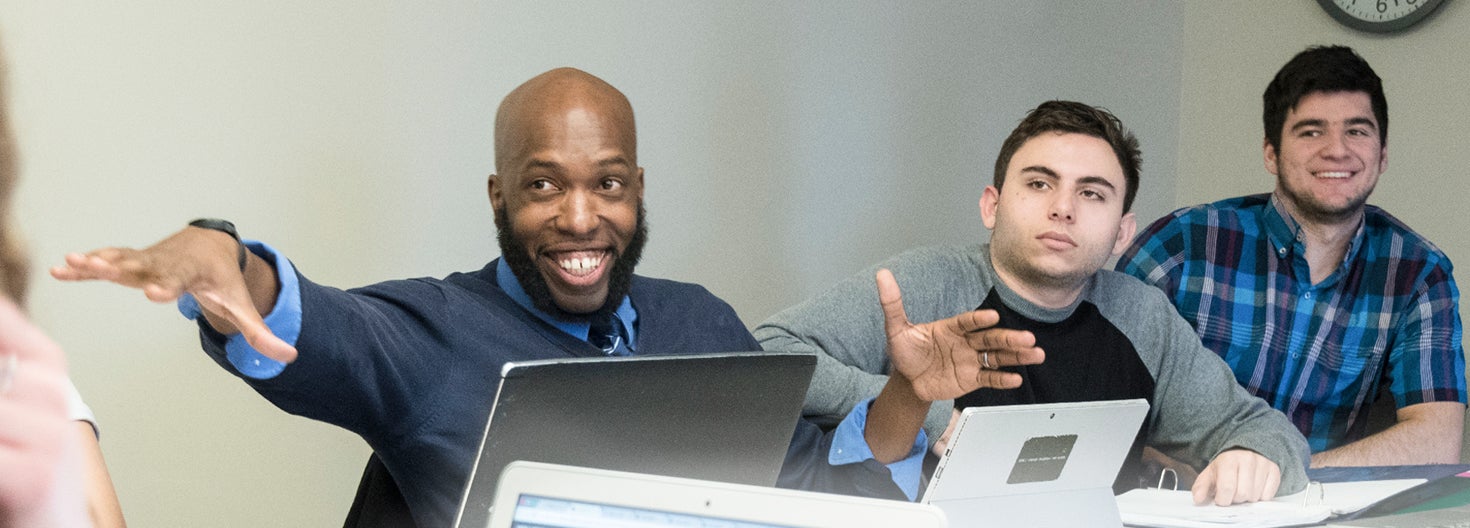
For students struggling in Bryan Dewsbury’s first-year biology classes, the intervention starts before class is over.
Dewsbury monitors email while teaching so that he might address students’ questions about the material in the moment, sparing students the embarrassment of publicizing their confusion. It’s one pillar of what Dewsbury calls his “pretty aggressive early intervention system.” Other intervention techniques—Dewsbury calls them “touch moments”—include calls to students and emails or calls to their advisors.
Recently Dewsbury shared his philosophy of teaching on the Scientific American Voices blog. In a piece called “The Soul of My Pedagogy,” Dewsbury makes the case that the key to reducing failure and withdrawal rates in introductory science courses is an inclusive approach to teaching that considers the diverse students a professor finds in his or her classroom.
“What inspires me about teaching is not the dispensation of information; it is the awakening of the soul.” Bryan Dewsbury
Dewsbury is onto something. Nationally, big, introductory math and science courses have a high D, F and W (withdrawal) rate. In Dewsbury’s introductory bio classes (he teaches two sections), that number has been as low as six percent. Dewsbury argues student success is about really getting to know students in tandem with adherence to best practices.
“What inspires me about teaching is not the dispensation of information; it is the awakening of the soul,” he said.
All students in Dewsbury’s classes benefit from his inclusive teaching approach, which involves his facilitating learning using differentiated techniques in response to students needs. In practice, this involves Dewsbury’s studying his student rosters, familiarizing himself with students’ pictures, and surveying them to see what their long-term education and career goals are. Early on in the course, Dewsbury assigns students a reflective essay modeled after the “This I Believe” pieces popularized on NPR. “I tell them, ‘Take the time and reflect on what motivates you,’ and boy oh boy, do they write.”
The inclusive teaching approach works especially well with groups such as minorities who historically struggle with STEM disciplines, Dewsbury said. A growing body of research supports this, but Dewsbury has anecdotal evidence as well. He cites his experiences teaching as a graduate student in Florida. Dewsbury taught first-generation college students and gained an appreciation for the challenges they faced. Some challenges, such as socio-economic pressures, were obvious. But others weren’t as apparent. Dewsbury’s students’ career choices were often dictated by their parents who saw in their children a way to create upward mobility for the whole family. A heavy mantle for a student to bear, Dewsbury noted.
“In bumbling through my initial semesters as a TA, I learned the value not of content delivery, but of what it means to teach someone to believe they could be better than what they imagined,” Dewsbury said. “This belief is the fire that propels ordinary people to do great things.”
